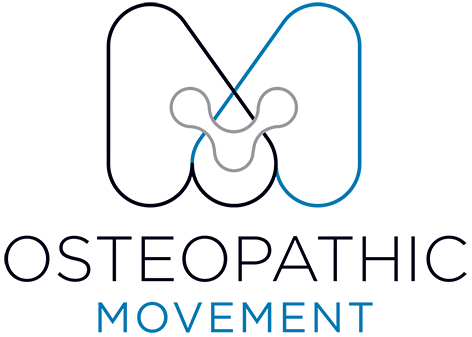Tendinopathy
Do You Have Tendon Pain? Understanding Tendinopathy and How Osteopathy Can Help
Do you have ongoing tendon pain or stiffness that worsens with activity? You may have been told you have tendinopathy — a common yet often misunderstood condition affecting tendons throughout the body.
Tendinopathy is an umbrella term used to describe irritation or damage to a tendon — the strong, fibrous tissue that connects muscle to bone. You might hear it referred to in conditions such as Achilles tendinopathy, patellar tendinopathy, rotator cuff tendinopathy, or biceps tendinopathy.
Tendinopathy vs. Tendinitis – What’s Changed?
In the past, tendon pain was labelled “tendinitis”, based on the belief that inflammation was the main cause. However, newer research shows that most tendon problems are due to degeneration, overuse, or mechanical overload rather than pure inflammation. For that reason, healthcare professionals now use the broader and more accurate term “tendinopathy.”
Why Do Tendons Heal Slowly?
Unlike muscles, tendons have a limited blood supply. This means they receive fewer nutrients and less oxygen, so they heal more slowly when injured. The reduced circulation also makes it harder for the body to remove metabolic waste products, which can contribute to ongoing pain or stiffness.
How Tendons Work — and Why They Become Irritated
Tendons have incredible tensile strength — they’re designed to withstand large pulling forces along their length, just like a rope under tension. They act as pulleys, transferring force from muscles to bones to create movement.
However, tendons dislike compression — pressure or friction applied across them, especially when posture or joint alignment is off. For example, if your shoulder sits forward or higher than the other, your rotator cuff tendon can rub against the surrounding bone, causing irritation, friction, and eventually tendinopathy.
Common Contributing Factors
Poor posture (e.g. rounded shoulders, anterior pelvic tilt)
Repetitive or unbalanced movement patterns
Muscle weakness or asymmetry
Sudden changes in training load or intensity
Poor ergonomics at work or during exercise
How an Osteopath Can Help with Tendinopathy
Your South Yarra osteopath will assess the affected tendon and identify any postural or biomechanical issues contributing to the problem.
Treatment may include:
Hands-on techniques to reduce pain and restore mobility
Postural and ergonomic advice to prevent re-aggravation
Tailored strengthening programs to rebuild tendon resilience
Load management guidance to gradually reintroduce safe activity
Manual therapy alone can help relieve pain, but addressing underlying causes — such as weakness, poor posture, or repetitive stress — is key to long-term recovery.
When to Seek Help
If you’re noticing tendon pain, tightness, or weakness that isn’t improving, don’t wait. Early assessment and targeted management significantly improve both short-term recovery and long-term tendon health.
If you’re struggling with tendon pain or suspected tendinopathy, our experienced South Yarra osteopaths at Osteopathic Movement can help. We provide hands-on treatment, rehabilitation programs, and postural advice to restore tendon health and prevent future injury. Book an appointment online or contact us today.
Written By Dr. Dayne Sweres (B.AppSci(CompMed), M.Osteo)
